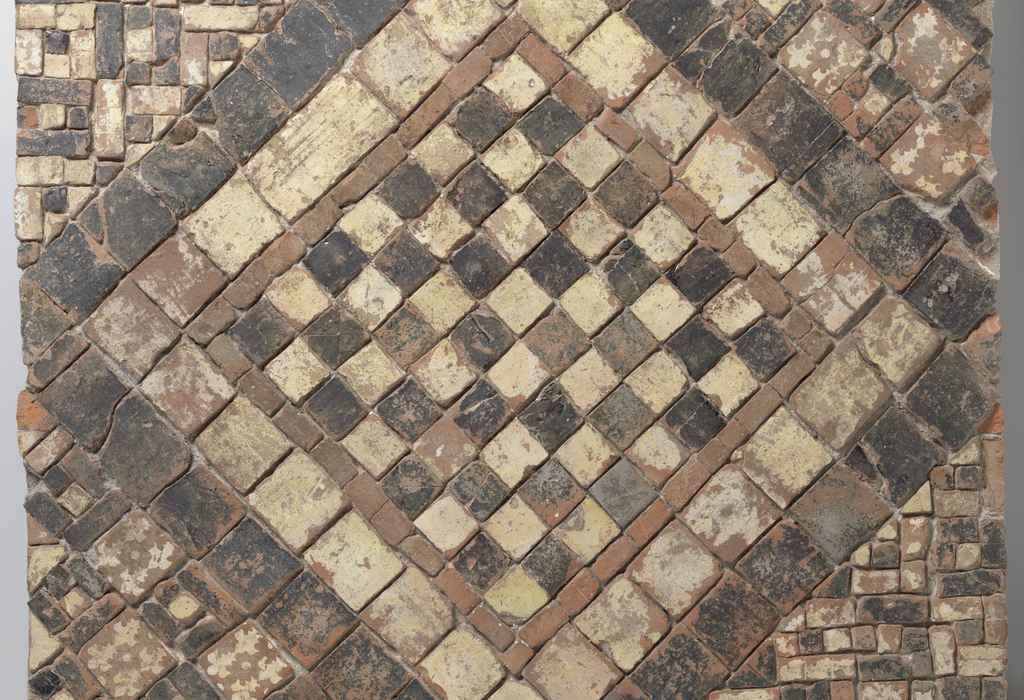H. (Hans) Wallage MA
- Kloveniersburgwal 48
-
Postbus 1610
1000 BP Amsterdam
-
Profile
Hans Wallage is a young historian specializing in Jewish and Migration history. He holds a BA in history at Leiden University. His bachelor thesis discusses the returning influence of fascism in Dutch society after the Second World War. Afterwards, he continued his studies at Leiden University and attained a master’s degree in Social and Economic history. His master’s thesis is concerned with the Dutch restitution process of Holocaust survivors between 1945 and 1960.
Research Interest
- Jewish History
- Migration History
- History of Class
- History of Ethnicity
- Social History
- Jewish History
-
Research
What is a refugee and when, why and how do societies create them? This project seeks to answer these questions by focusing on the agency of displaced minorities in early modern Europe (16th-18th centuries).
Integrating historical, legal and social scientific approaches to migration, this project proposes that the term ‘refugee’ frames a particular type of migrant as a victim of repression. It hypothesizes that religious dissenters in Reformation Europe were the first to develop and exploit this terminology. By pursuing a cross-confessional and transnational approach, this project will be the first to map the early modern invention of the refugee and gauge its long-term societal impact. In doing so, it seeks to achieve three inter-related objectives:
1. To explain the emergence of the refugee as a social category in European society. It will map when, where and why particular migrants started to describe themselves as refugees and trace the models (religious, political, legal) of such discursive strategies.
2. To identify the agency of displaced minorities in forging transnational solidarity networks. By studying how diasporic communities organized themselves, this project reveals the significance of refugees in shaping media coverage, initiating humanitarian interventions and promoting a new emotional culture that focused on empathy.
3. To uncover the impact of refugees on European state formation. This project will examine how the protection and accommodation of displaced men and women interacted with the ambitions of early modern authorities to expand their territories and forge confessional regimes.
Shifting away from traditional approaches to refugees as passive victims of conflict, this project will open up a new field in historical studies that views refugees as formative agents of social, religious and political change. It intends to transform the understanding of the concept of refugee for academics, policy makers and the wider public alike.The project is funded by the Netherlands Organization for Scientific Research (NWO), it will run from 2018-2023. The project leader is professor Geert H. Janssen, furthermore there are three funded PhD positions and a Postdoc.
The project consists of three subprojects:
- PhD 1 (Protestant and Catholic refugees) is Lotte van Hasselt MA
- PhD 2 (Jewish diasporas) is Hans Wallage MA
- PhD 3 (Morisco displacements) is Gerdien Evertse MA
Subproject 2: Jewish Diasporas
The historiographies of early modern Sephardic and Ashkenazic diasporas are probably as extensive as those of Protestant and Catholic migrations. We also have some excellent general assessments which will enable me to compare patterns of identity formation, legal positions and transnational group bonding. The particular emphasis on the development of refugee vocabulary within Jewish communities, vis-à-vis emerging discourses among Christian refugees, is new. The focal cities here are Amsterdam (1620s, 1680s) and London (1680s), Istanbul and Tunis. Good local studies for each of these will provide helpful guidance. Sephardic and Ashkenazic communities have often been studied separately, but for the purpose of this study it is worthwhile to consider them together, where possible (e.g. Amsterdam and London). The majority of sources will concern the Sephardim, whose prominence in publishing, international charitable activity and diplomatic lobby is particularly pertinent for this project.
Although source material is uneven for the selected cities, a preliminary exploration has shown that it is feasible to study objectives 1 and 2 in sufficient detail. As for objective 1, primary sources include correspondence within Jewish diasporic communities and letters to local authorities (many of them published). A discourse analysis of key terminology requires specific linguistic knowledge and skills since notions of diaspora and exile have long been grounded in Jewish theology and identity. This conceptual background, however, makes it all the more relevant to study how these communities shaped new refugee identities for themselves. Some tests for Amsterdam have proved revealing in this regard. A good deal of research has been done on the (shifting) legal status of Jewish migrants and the arguments used to grant them privileges. I will therefore be able to focus on the use and development of refugee categories in the treatises of legal scholars including Hugo Grotius, Christian Wolff, Samuel Pufendorf and John Locke. A comparison between social and legal refugee categories in the Ottoman orbit (Tunis, Istanbul) and Northern Europe (Amsterdam, London) will also be key to the project.
-
Publications
This list of publications is extracted from the UvA-Current Research Information System. Questions? Ask the library or the Pure staff of your faculty / institute. Log in to Pure to edit your publications. Log in to Personal Page Publication Selection tool to manage the visibility of your publications on this list.
-
Ancillary activities
No ancillary activities
